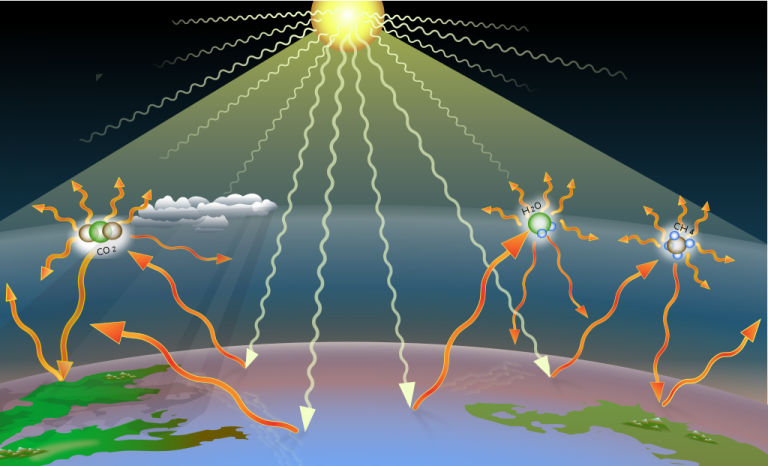The Earth is sending a clear and urgent message: our planet is in crisis as 2023 turns out to be a record-breaking year for global warming, according to the World Meteorological Organization (WMO). This alarming trend is a direct result of human-induced climate change, fueled by the relentless burning of fossil fuels.

A Planet in Peril
Atmospheric carbon dioxide levels have surged to unprecedented heights, surpassing 420 parts per million. This dangerous milestone underscores the accelerating pace of global warming. The consequences of this climate crisis are far-reaching and devastating.
Beyond simply warming the surface temperature, climate change has a direct effect on the increasingly erratic weather that has continuously plagued the planet over the past few years.
From last summer’s Canadian wildfires that led to asthma-related emergency room visits in New York City to this fall’s unprecedented hurricane that reached into the Appalachian Mountains, it’s beyond a shadow of a doubt now that the Earth is suffering under the brunt of our industrial byproducts.

A Global Failure
Despite numerous warnings and international agreements, global leaders have failed to take decisive action to reduce greenhouse gas emissions. The Paris Agreement, a landmark accord aimed at limiting global warming, has proven to be insufficient. Countries around the world must significantly increase their climate ambitions and implement ambitious policies to curb emissions.
A Call to Action
It is imperative that we recognize the urgency of the situation and take immediate steps to address the climate crisis. This requires a collective effort from governments, businesses, and individuals.
Key actions include:
- Transitioning to renewable energy sources: Investing in solar, wind, and other clean energy technologies.
- Improving energy efficiency: Implementing measures to reduce energy consumption in buildings and transportation.
- Protecting forests and ecosystems: Preserving natural carbon sinks and promoting sustainable land use practices.
- Supporting climate adaptation: Building resilience to climate change impacts, especially in vulnerable communities.
The future of our planet depends on our ability to act decisively. By working together, we can mitigate the worst effects of climate change and secure a sustainable future for generations to come.
Reference- The Washington Post, Nature, Science, Colombia University, National Geographic






